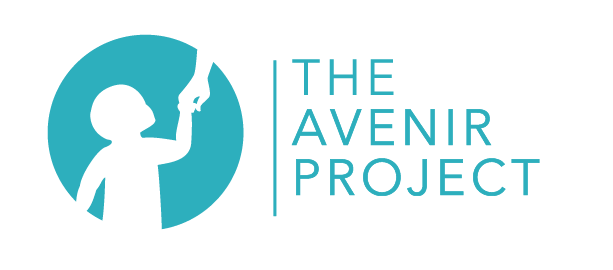When poverty strikes. . .
In many countries, poverty is rampant. Ivory Coast is no exception. The World Bank estimates that nearly 40% of Ivory Coast’s population was living in poverty in 2018. Now, with the impact of COVID, their economy has dramatically slowed, and poverty knocks at the door of many Ivorians.
With poverty come many social issues—one of them being an utter lack of children’s rights. When poverty increases, children are forced into labor. They do what they have to do to survive.
Unfortunately, this means working long, hard hours in the cocoa and coffee fields; serving as “little maids” in people’s homes; begging or stealing on the streets; or even working as prostitutes (almost always at the hands of traffickers).
What’s even more sobering is that traffickers tend to thrive in poverty—they make promises to hungry and desperate children, telling them that if they come work for them, they’ll give the children money or food in abundance. The children believe the lies, and the traffickers enslave them with emotional manipulation and physical abuse.
When child labor increases, school attendance decreases. It’s inevitable. And orphans are extremely vulnerable to the whims of poverty.
Orphans often have no one to reliably look after them. Even when they have a grandmother, uncle, aunt, or another guardian-like figure in their life, they still have to scramble to meet their own needs. So often, orphans end up on the streets, where they are vulnerable to labor and sex trafficking.
But when orphans have a safe home in a sustainable orphanage, everything changes for them: because they are being cared for, they have the chance to go to school, to get an invaluable education, to become influential leaders in their community.
When we work together to make orphanages sustainable, we ensure education for the children who never dreamed they would ever get the chance.

